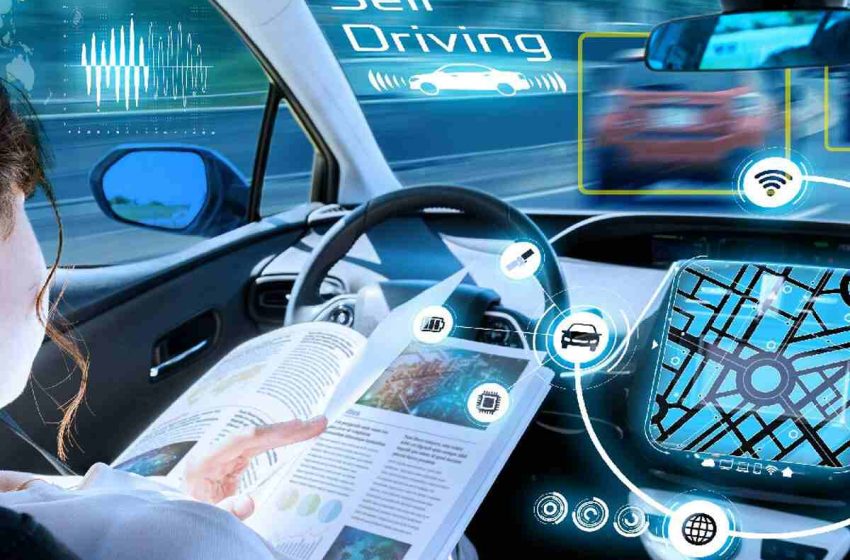
The Impact of Autonomous Driving Technology on Vehicle Shipping Industries
Autonomous driving technology is revolutionizing various sectors, and the vehicle shipping industry is no exception. With advancements in self-driving systems, this technology is poised to reshape the way vehicles are transported, improving efficiency, reducing costs, and enhancing safety. Here’s a closer look at the transformative impact autonomous driving technology is having on the vehicle shipping industry.
Table of Contents
Increased Efficiency in Logistics
One of the most significant benefits of autonomous driving technology is its ability to optimize logistics. Self-driving trucks and transporters can operate continuously without the need for breaks, drastically reducing delivery times. Unlike human drivers, autonomous vehicles can drive for longer periods without fatigue, adhering strictly to pre-determined schedules and routes. This efficiency helps vehicle shipping companies meet growing demand while minimizing delays.
Additionally, autonomous systems use advanced algorithms and real-time data to select the most efficient routes. New Mexico vehicle transportation companies have systems that factor in traffic conditions, road closures, and weather, ensuring that shipments arrive on time with fewer disruptions. This optimization reduces fuel consumption and operational costs, benefiting both the shipping industry and its clients.
Enhanced Safety Standards
Safety is a top priority in vehicle shipping, and autonomous driving technology offers promising improvements. Human error is a leading cause of road accidents, and replacing or assisting drivers with self-driving systems significantly lowers this risk. Autonomous vehicles are equipped with sensors, cameras, and AI-powered software capable of detecting and reacting to obstacles more effectively than human drivers.
For vehicle shipping companies, fewer accidents mean reduced liability, lower insurance premiums, and less damage to the vehicles being transported. This increased reliability can also boost customer confidence, making autonomous shipping solutions more appealing.
Cost Savings for Shipping Companies
Labor costs are a major expense in the vehicle shipping industry, especially for long-haul routes requiring multiple drivers or compliance with strict working hour regulations. Autonomous trucks reduce the need for human drivers, lowering wage expenses and related costs. Furthermore, self-driving systems are designed to operate vehicles more efficiently, reducing wear and tear, fuel usage, and maintenance expenses over time.
Although the initial investment in autonomous technology is substantial, the long-term savings make it an attractive proposition for shipping companies looking to remain competitive in a cost-sensitive market.
Environmental Benefits
Autonomous driving technology promotes eco-friendly practices by enabling more fuel-efficient driving. Precise acceleration, braking, and route optimization reduce emissions, aligning with global efforts to combat climate change. This greener approach not only helps companies meet environmental regulations but also appeals to clients prioritizing sustainable logistics.
Challenges and Adoption Barriers
Despite its advantages, the adoption of autonomous driving technology in the vehicle shipping industry faces challenges. High upfront costs, regulatory hurdles, and concerns about job displacement for drivers are significant barriers. Furthermore, the technology must undergo rigorous testing to ensure safety and reliability under various conditions.
There’s also the issue of public perception. Widespread acceptance of autonomous vehicles requires addressing fears and uncertainties about the technology, which can delay full-scale implementation.
Conclusion
Autonomous driving technology is set to transform the vehicle shipping industry by enhancing efficiency, safety, and sustainability while reducing costs. Although challenges remain, the long-term benefits outweigh the obstacles, making it an inevitable evolution in the sector. As technology continues to advance, autonomous systems will play a pivotal role in shaping the future of vehicle logistics, benefiting businesses, customers, and the environment alike.



